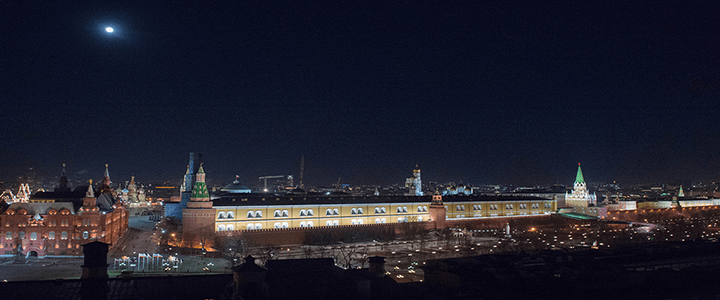It is always a good thing to remember that Russian President Vladimir Putin learned everything he knows while in the service of the KGB, the Soviet Union’s notoriously brutal foreign intelligence agency. For former Russian spies thinking of crossing him, it’s also a good thing to remember that he got his start in the KGB’s counterintelligence unit. He doesn’t much care for turncoats.
The latest people to learn this lesson the hard way are 66-year-old Sergei V. Skripal and his 33-year-old daughter Yulia. The pair are currently hospitalized in Salisbury, in southwestern England, after an apparent assassination attempt. British authorities revealed the suspected weapon on Wednesday: nerve agent.
While it is possible for non-state actors to make nerve agents like sarin gas, the chances of a former Russian spy being attacked with sarin in Salisbury are beyond remote. Anyone who doubts that Russia was behind this attempt is being deliberately naive, especially given the history of strange deaths of former Russian spies in the UK.
A retired spy living in exile
Skripal is a retired Russian military intelligence colonel who was convicted in 2006 of spying for Great Britain. He was released as part of the 2010 “spy swap” that involved the femme fatale Anna Vasil’yevna Kushchyenko, better known as Anna Chapman, who ran a Russian spy ring in New York City. He has been living in Great Britain since that time.
According to the BBC, his wife died of cancer in 2012, and his son died of liver failure during a trip to St. Petersburg last year — “in what relatives believe to have been suspicious circumstances,” it reported. Yulia Skripal had apparently moved back to Moscow several years ago and was visiting her father when she was caught-up in the attack (although if life were a Robert Ludlum novel, she would be a suspect in the case as well as a victim).
A former MI5 officer, (the British equivalent of the FBI) told the BBC that she could see “no conceivable reason” for the Russians to target Skripal at this time. It’s not hard to conceive of Putin holding a grudge, though.
When Russian Spies Talk, they get poisoned
It’s hard not to draw comparisons to Alexander Litvinenko, as everyone is rightfully doing. Litvinenko, you will recall, was the former Russian spy who had been publicly spilling the beans about Russian intelligence activities. In his books, he described Putin’s unlikely and rapid ascent from head of the FSB to prime minister to president as a coup orchestrated by the FSB. He also alleged that supposed terrorist attacks in Russia are actually FSB-orchestrated false flag operations designed to create the conditions that made Putin’s strongman style possible.
Litvinenko famously died of polonium poisoning. Polonium is so rare that it is only obtained by manipulating other elements. Unlike sarin, there’s almost no way that anyone besides Russia was behind Litvinenko’s assassination.
There have been other suspicious deaths of former Russian agents in Britain, so neither the Litvinenko case nor the Skripal case should be viewed in isolation. Vladimir Putin is proving to the world that he’s still the spymaster he once was, and sending a message that he does not worry about the rest of the world knowing what he’s up to.
That’s a dangerous combination.




